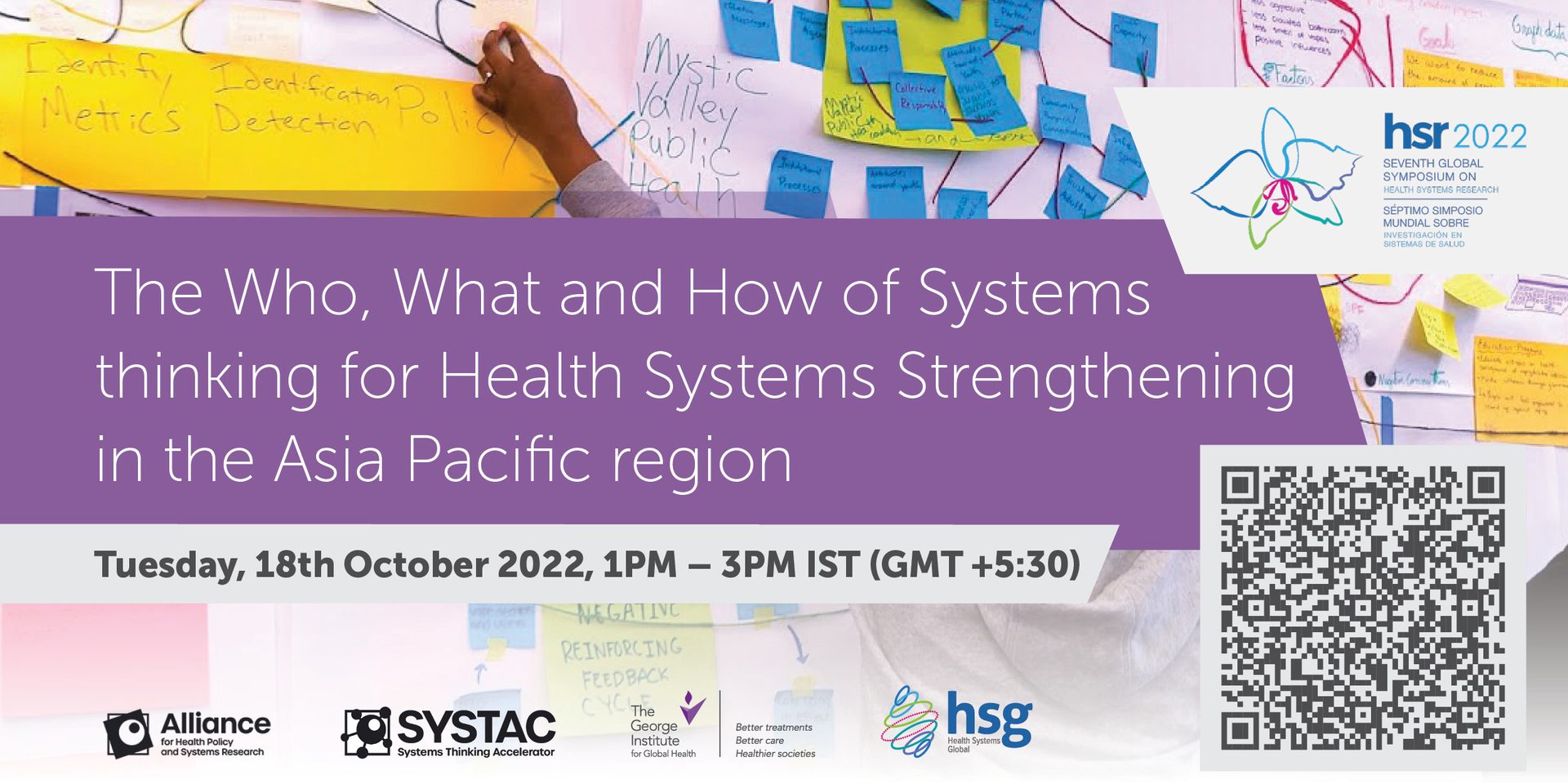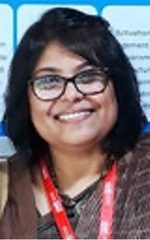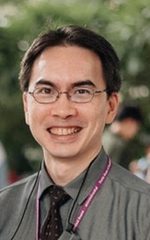
The Who, What and How of Systems thinking for Health Systems Strengthening in the Asia Pacific region

In 2021, the WHO Alliance for Health Policy and Systems Research (WHO AHPSR) launched a Systems Thinking Accelerator (SYSTAC) as a global community of practice of systems thinkers consisting of multisectoral stakeholders across the six WHO regions interested in promoting and advocating for a greater use of systems thinking in implementation and policymaking, especially in Low and Middle Income Countries (LMICs).
Since then, the SYSTAC network has been trying to more meaningfully network, document and amplify the application of systems thinking across regions. In 2022, SYSTAC members from Southeast Asia began a collaboration to document applications in our region and create a resource for implementers, decision-makers and researchers within and beyond our region.
Objective:
- The aim of the session is to introduce this documentation, share some of our training materials and for this to serve as a resource for researchers, practitioners and decision makers. In addition, we aim to showcase SYSTAC as a network in order to share its contributions and grow its membership.
- The rationale and process of documenting applications of systems thinking tools and methodologies will be explained in order to set the scene.
- We will then present diverse perspectives on the application of systems thinking tools and methodologies across Southeast Asia to capture the potential for narrowing the gap between knowledge and practice of systems thinking in the context of health policy and practice across domains like district planning, human resources for health, urban health, women’s health and more.
Learning Objectives:
- To describe case examples of applying systems thinking tools and methodologies within health systems
- To understand how to apply systems thinking tools in health systems based on context, goals and constraints
- To build connections with others interested in this domain of research, including membership of global SYSTAC network
Speakers
Prashanth N Srinivas, Assistant Director, Research,The Institute of Public Health, Bengaluru
Prashanth N Srinivas is a medical doctor and public health researcher with experience in working in primary health care and community settings in southern Karnataka. He has worked at the intersections of healthcare and health systems with ecological and social systems with a particular focus on health inequities and social determinants of health. He leads the health equity cluster at the Institute of Public Health, Bengaluru where his work critically examines the apparently transformative dimensions of technological solutions to health inequities vis-a-vis addressing fundamental issues of social inequality, exclusion and governance. He has been a champion of open knowledge and continues to contribute actively to English Wikipedia, Wikimedia Commons, Internet Archive and various other open knowledge and open data projects.
Since 2014, he lives and works at a public health research field station in BRT Tiger Reserve in southern India and is setting up a planetary health information centre at Pakke Tiger Reserve in Northeast India through collaborations with local communities and ecologists. He served as the Chair of Emerging Voices for Global Health (2015-2019) and is a member of the General Council of the Institute of Tropical Medicine, Antwerp (Belgium) and has several publications in international peer-reviewed journals. Through a fellowship from the DBT/Wellcome Trust India Alliance, he has set up collaborations to examine health inequities in indigenous communities in multiple remote forested locations in southern, central and northeast India. He has experience with using health policy and systems research methods particularly realist evaluation, implementation research and participatory action research approaches in addition to experience with quantitative epidemiological methods. He is part of research consortia on health systems strengthening for OneHealth and mental health in primary health care.

Natthawut Iangtanrat, MD
Natthawut is currently studying Health System Science at Faculty of Medicine, Ramathibodi Hospital, Mahidol University. He has work experience as a general practitioner in the 60-bed public hospital in a rural area of northern Thailand. He facilitated the quality improvement for Hospital Accreditation (HA) as the Vice President of Patient Care Team (PCT) in 2019-2021. He wants to incorporate the insights from systems thinking and the concept of value co-creation to redesign the care delivery models based on a comprehensive understanding of patient needs. He wants to foster cross-sector collaboration, which can be an open innovation arena in identifying potential areas for strengthening the overall supply of health.

Dr. Antonio Bonito Systems Thinking Coordinator, WHO Country office, Timor Leste
Prior to his current role in the WHO regional office, Antonio served as the executive director at the National Institute of Health at Timor Leste, where he managed the functioning of the institution, training, research implementation and monitoring and evaluation activities. Antonio has also served as the Director of Human resources services at the Ministry of Health and has developed policies relating to human resources development. He has also conducted mobilisation of health professionals in their workplace and managed scholarship inside and outside the country. In addition to his current role, Antonio is a part time lecturer at Dili University with expertise across the disciplines of Health Promotion, Hospital and Community Health Center Management. He holds a Master's in Public Health from Diponegoro University, Semarang, Indonesia.

Dr. Sohana Shafique, Deputy Project Coordinator, Urban Health, Icddr,b, Bangladesh
Dr. Sohana Shafique is a Global Health researcher with specific interest in Urban Health and Nutrition as well as Health Policy and Systems Research. For the past 15 years, her research has been focused on inequalities in healthy child growth and development and double burden of diseases in South and South-East Asia. She has vast experience in designing and conducting implementation research and facilitating knowledge translation activities through generating evidence and conducting policy dialogues and citizen engagement activities to achieve. Universal Health Coverage in Bangladesh. Dr. Shafique obtained her B.Sc and M.Sc in Nutrition from University of Dhaka; MPH from University of Queensland, Australia; and her PhD from University of Toronto, Canada. Currently she leads the 'Urban Health Research Group' at the Health Systems and Population Studies Division at icddr,b, Bangladesh.

Dr. Borwornsom Leerapan Associate Professor, Deputy Director of Center for Health Policy and Management, Faculty of Medicine, Ramathibodi Hospital, Mahidol University, Bangkok, Thailand
Borwornsom Leerapan is an associate professor at Ramathibodi Medical School of Mahidol University in Bangkok, Thailand. He is a preventive medicine physician and health systems researcher. Before academia, Dr. Leerapan worked as a general practitioner and the hospital directorate a 30-bed community hospital in the rural north of Thailand, directly observing inequitable access to care while managing and implementing health programs in the communities. His current research has focused on applying systems thinking in healthcare quality management and health systems strengthening, addressing the cross-subsidization of healthcare financing in public hospitals, the new regional healthcare governance structure of Thailand’s Universal Health Coverage, the community-based health interventions for the vulnerable population in Thailand, the national strategic health workforce planning, and the system dynamics modelling to support policy decisions in response to COVID-19. He is currently the Deputy Director of the Centre for Health Policy and Management at the Medical School, and also serves on organizational and national committees including the Scientific Advisory Committee of the Prince Mahidol Award Foundation under the Royal Patronage. He obtained his Doctor of Medicine with honours from Mahidol University, Master of Science in Health Policy and Management from Harvard University, and Doctor of Philosophy in Health Services Research, Policy and Administration from the University of Minnesota.



